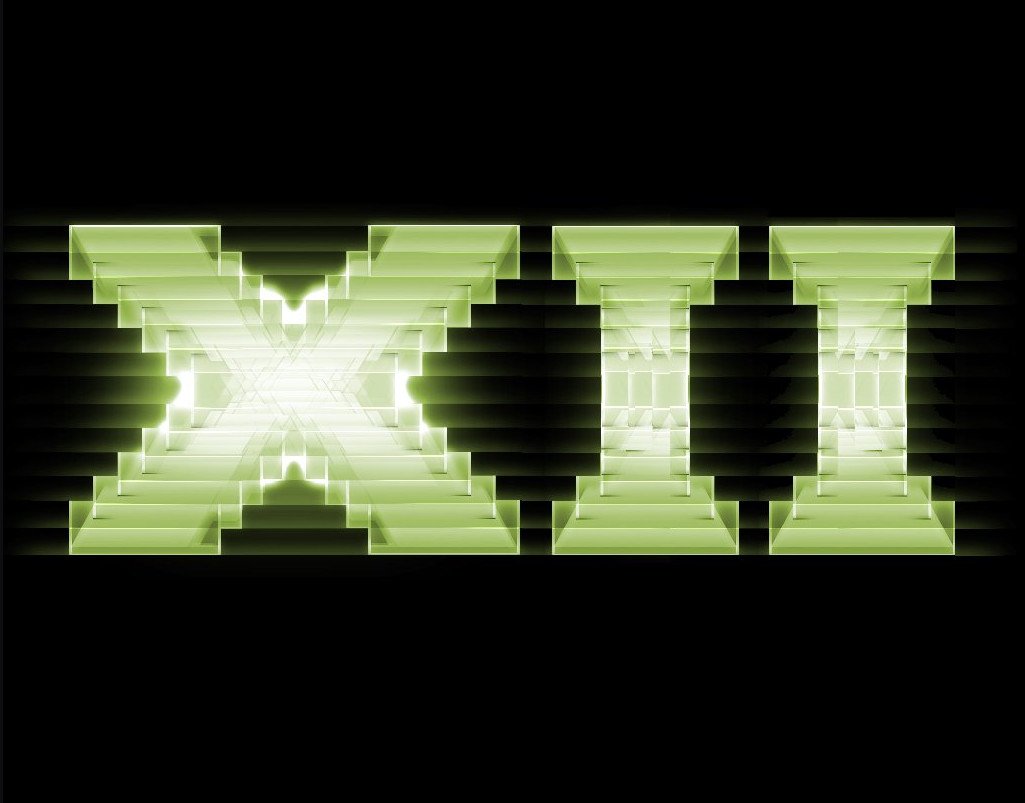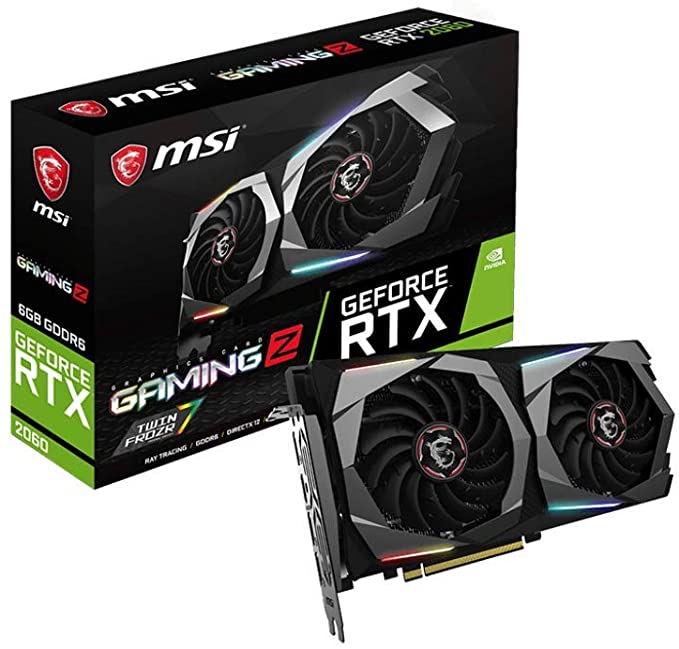What is DirectX, and why does it matter for gaming?
DirectX lets developers unlock the full potential of your computer's hardware.

DirectX first made its debut back in 1996, and it forms the basis for why Windows dominates gaming. When the feature was first rolled out back on Windows 95, it allowed game developers access to low-level hardware features, allowing them to fine-tune games.
DirectX is a big deal, because without it there would be no way for games to access the hardware on Windows. Unlike a console like the Xbox One — where there's a single video card — Windows gives you a plethora of choice when it comes to hardware configurations. With options ranging from the budget GeForce GTX 1660 all the way to the $1,430 GeForce RTX 2080 Ti along with hundreds of motherboards and chipsets, there's limitless choice when you're building a new PC.
This makes it harder for PC game developers, as they have to fine-tune settings and textures for a wide variety of configurations. That's where DirectX comes in handy. The feature allows games to "talk" to the hardware directly, and this makes it easier for game makers to deliver optimized settings for each configuration.
What is DirectX anyway?

DirectX is a series of application programming interfaces (API) that provide low-level access to hardware components like video cards, the sound card, and memory. If that sounded too complex, let's break things down. At a basic level, DirectX allows games to "talk" to video cards. In the DOS days, games had direct access to video cards and the motherboard, and you could directly edit the configuration file to make changes.
But with Windows 95, Microsoft restricted access to low-level hardware as a security measure. That meant that games could no longer interact with low-level hardware features, and it was a problem. So to facilitate that access, Microsoft introduced DirectX — think of DirectX as a middleman that facilitates communication between a game and a video card.
DirectX isn't the only API protocol that's available today, but it is native to Windows — unlike the OpenGL standard — and that's what gives it an edge. And with DirectX 12 Ultimate, Microsoft is blurring the line between the PC and Xbox Series X, making it that much easier for game developers to tailor games to each platform.
Why does DirectX 12 Ultimate matter for gaming?
DirectX 12 Ultimate uses the DirectX 12 foundation and includes a few new features that have emerged over the last two years. First and foremost is DirectX Raytracing 1.1; with more and more games picking up ray tracing, DirectX 12 Ultimate natively integrates the feature into Windows as well as Microsoft's upcoming console, the Xbox Series X.
Get the Windows Central Newsletter
All the latest news, reviews, and guides for Windows and Xbox diehards.
DirectX 12 Ultimate will make next-gen games look incredible.
DirectX 12 Ultimate also has variable rate shading, allowing a GPU to utilize its resources more effectively for rendering in-focus objects, leading to better frame rates and more fidelity. You also get features like Sampler Feedback that increase texture quality while utilizing fewer resources, and overall you get a suite of changes that should make next-gen games run smoother.
Essentially, DirectX 12 Ultimate facilitates game makers to deliver more immersive games with higher-quality textures and life-like lighting, and with these features baked into Windows, you'll immediately start seeing a difference provided you have a video card that works with the latest version of DirectX.
While it is exciting to see DirectX 12 Ultimate debut on the Xbox Series X, it is coming to Windows PCs first. It is already rolling out to NVIDIA's GeForce RTX series video cards, and Microsoft says the tech will be on "millions" of video cards before its console rolls around later this year. Be sure to check out our guide of the best graphics cards for upgrade options and more information.

Harish Jonnalagadda is a Senior Editor overseeing Asia for Android Central, Windows Central's sister site. When not reviewing phones, he's testing PC hardware, including video cards, motherboards, gaming accessories, and keyboards.

